Gilead and Merck Announce Historic Data for HIV Treatment: A Weekly Pill Shows Promise

8 March 2024
Merck and Gilead have announced groundbreaking Phase 2 trial results for a once-weekly oral HIV treatment that combines islatravir and lenacapavir. This innovative regimen maintained viral suppression in 94.2% of participants at 24 weeks, signaling a potential breakthrough in HIV care.
In a historic advancement for the treatment of HIV, Gilead Sciences and Merck have revealed promising results from a Phase 2 clinical trial for an innovative once-weekly oral combination therapy. This regimen, which combines islatravir and lenacapavir, has demonstrated effectiveness in maintaining viral suppression at week 24, marking a pivotal step forward in the development of HIV treatments by offering a simpler, stigma-reducing treatment alternative.
Presented at the 31st Conference on Retroviruses and Opportunistic Infections (CROI), this novel regimen could become the first of its kind, offering a weekly oral treatment option for those living with HIV. The collaboration between Gilead and Merck aims to address the unmet needs within the HIV community by providing an alternative to daily oral antiretroviral therapy, which could significantly improve adherence and reduce stigma associated with current HIV treatments.
“HIV treatment is not one size fits all – developing once-weekly treatment options could help meet the needs of each individual, aiming toward maximizing long-term outcomes for people with HIV,” said Dr. Jared Baeten, Vice President, HIV Clinical Development, Gilead Sciences. “These promising data presented at CROI help bring us one step closer to our goal of providing a wide range of options that may help transform the HIV treatment landscape.”
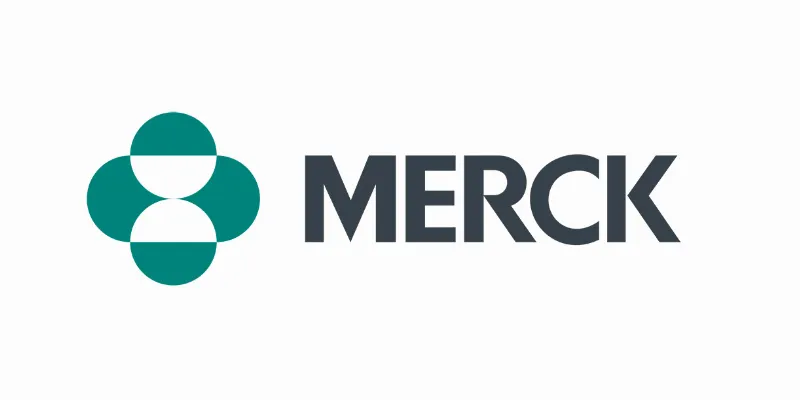
The investigational combination of islatravir, a nucleoside reverse transcriptase translocation inhibitor, and lenacapavir, a capsid inhibitor, maintained a high rate of viral suppression, with 94.2% of participants achieving HIV-1 RNA levels below 50 copies/mL at the 24-week mark. This secondary endpoint of the study highlights the potential efficacy of the combination as a long-acting oral treatment option.
“Our strategies for managing and treating HIV must evolve with the needs of the HIV community and we are excited to have these promising first data from the Phase 2 study for islatravir and lenacapavir presented at CROI,” said Dr. Elizabeth Rhee, Vice President, Global Clinical Development, Merck Research Laboratories. “Gilead and Merck remain committed to this collaboration and to the development of a potential once-weekly oral therapy for people living with HIV who may need additional options to help maintain viral suppression.”
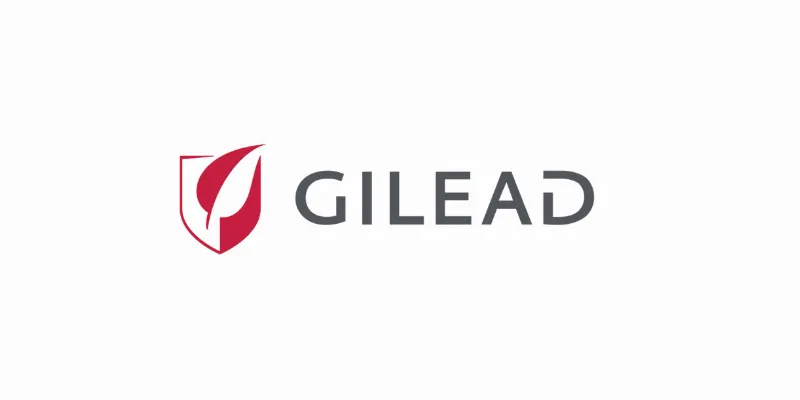
The phase 2 study involved virologically suppressed adults who were randomized to receive either the investigational combination or continue their current regimen of Biktarvy®. The results showed comparable rates of HIV suppression between the groups, with only one participant in the investigational group experiencing a viral load above 50 copies/mL at week 24, who then achieved suppression by week 30.
Adverse events related to the investigational drugs were mostly mild, including dry mouth and nausea, underscoring the potential of this combination regimen to be both effective and well-tolerated. Importantly, no serious drug-related adverse events were reported, and changes in CD4+ T cell counts were similar between the treatment groups, indicating no detrimental effect on immune function.
While islatravir and lenacapavir are still under investigation and have not been approved for use, their development is eagerly watched by the medical community and those affected by HIV. The Phase 2 study will continue to evaluate the long-term efficacy and safety of this combination, with further results expected to be shared at future scientific conferences.
About Islatravir and lenacapavir
Islatravir (MK-8591) and Sunlenca® (lenacapavir) represent Merck and Gilead's cutting-edge contributions to HIV treatment. Islatravir is under evaluation as a nucleoside reverse transcriptase translocation inhibitor, aiming to enhance the effectiveness of antiretroviral therapy combinations. Sunlenca, a novel long-acting capsid inhibitor, is designed for adults with multi-drug resistant HIV, offering a unique twice-yearly administration. Unlike traditional antivirals targeting a single stage of viral replication, Sunlenca works at multiple stages, without known cross-resistance. These innovations aim to diversify treatment and prevention strategies, addressing individual needs and advancing the field toward more manageable, long-term HIV care solutions.





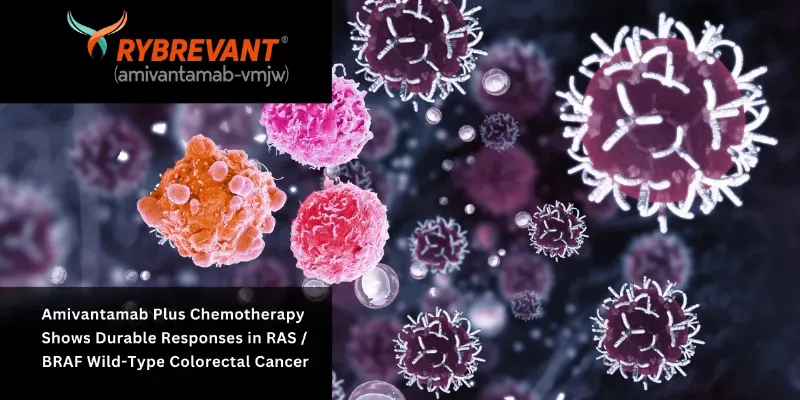
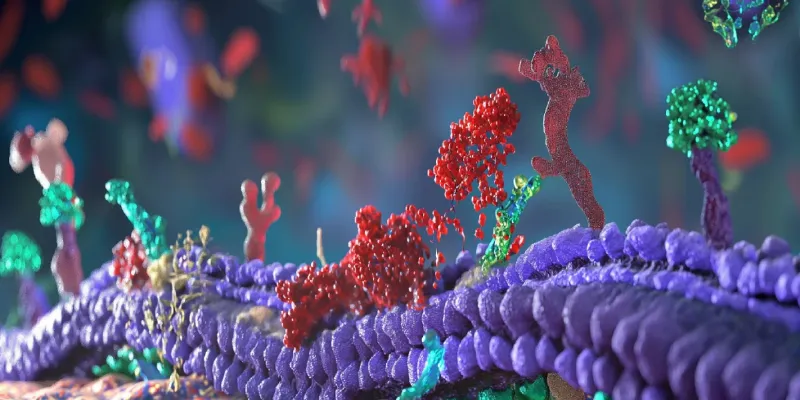
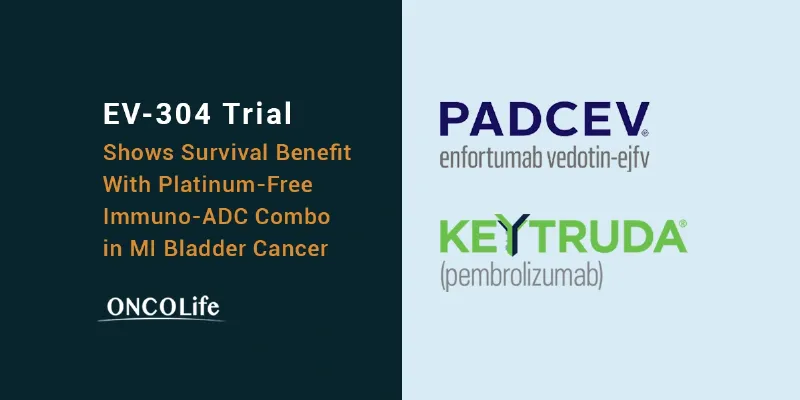
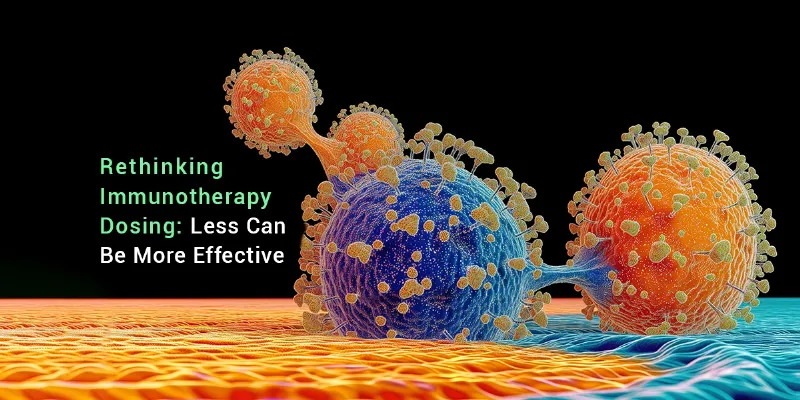
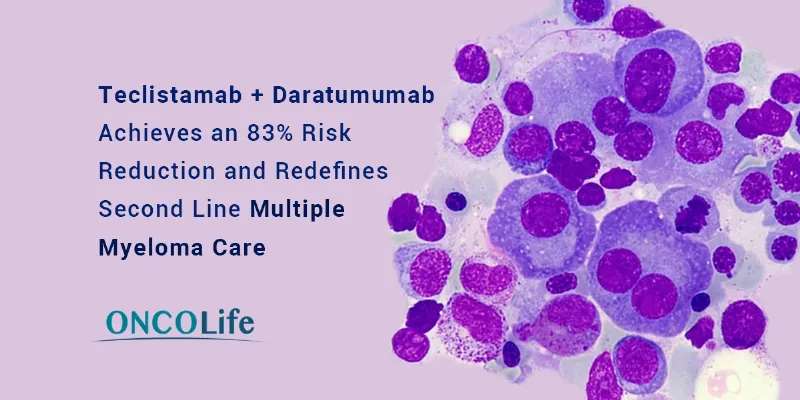
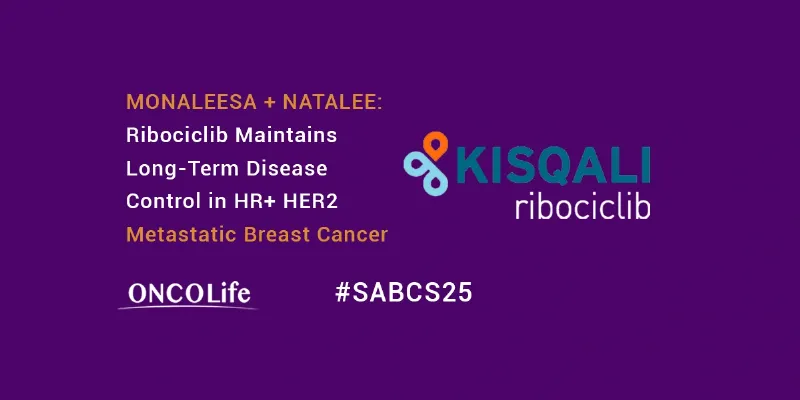
Comments
No Comments Yet!